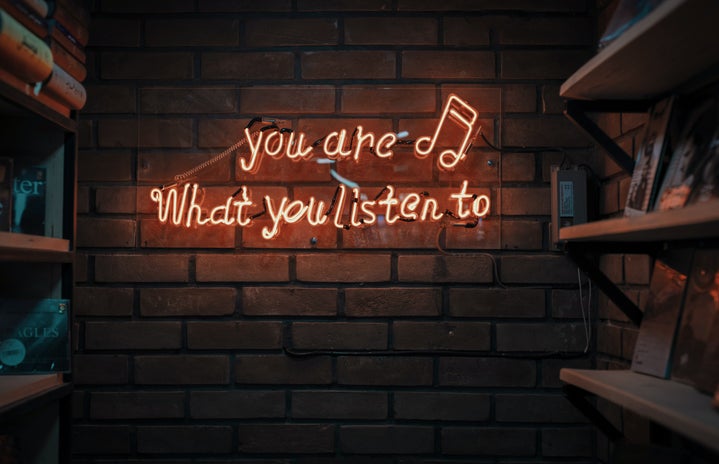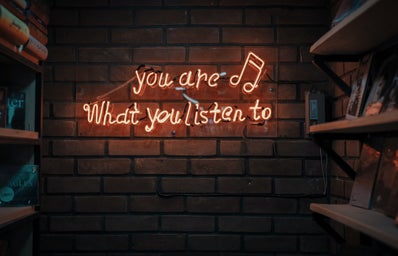Like many kids growing up, my parents were the first ones to introduce me to music. Sitting in the backseat of my mother’s car, I honestly had no say in what we would listen to. On occasion, my mother would let me listen to Disney radio but for the most part, I listened to classic R&B and Neo Soul. I grew up with the anthems of Fantasia and Mary J. Blige. Pattie LaBelle and Anita Baker were artists that played in the background while cleaning the house for family events. At age eight, I was secretly jamming out to Jennifer Hudson’s “Spotlight” as if I had any personal experience with the lyrics. All this to say, most of my childhood was filled with the angelic voices of powerful Black female artists. But being a kid, I didn’t truly understand their appeal or relate to their music as one could imagine. However, growing into adulthood myself, I now understand the artists my mother forced me to listen to. I understand the budding Black female artists of my generation and what their music represents.
Beyond race and gender, the common thread amongst Black female artists is their ability to exist beyond respectability politics. Let’s face it, Black women in the music industry have always been heavily scrutinized more so than their white counterparts. Entertainer Josephine Baker fled the U.S. due to discrimination present in both society and her shows. Tina Turner’s rock and roll career skyrocketed in Europe before it ever did in the States, due to the music industry’s limitations placed on her as a Black woman and artist. In 1988 thee Whitney Houston was booed at the Soul Train music awards and was regarded as being “too white” for R&B music. In 2019 artist Summer Walker received waves of backlash for publicly stating her battle with social anxiety. To this, the public’s immediate response was not to believe her and downplay her struggles with mental health. Months ago, Chloe Bailey faced ridicule for being “too sexual” for “doing too much” in her artistry. And ever since Lizzo rose to mainstream popularity, she has faced constant fatphobic attacks due to her image.
Black feminist scholar Brittney Cooper writes that the primary social goal for Black people is to not achieve racial respectability, but rather “undisputed dignity.” She states, “the call for respectability are not the same. Demands for dignity are demands for fundamental recognition of one’s inherent humanity.” Black women in the music industry are constantly scrutinized under a white lens that determines what is acceptable behavior for them with its roots tying back to stereotypical and patriarchal forces.
Yet, Black female artists have never asked for permission to be who they are, to perform the way they please, or to sing their truths. Black female artists are constantly questioned whether or not they are “holding their people back.” However, I wholeheartedly believe they are pushing Black culture and Black people forward. Black women in their artistry are nothing if not the blueprint on what it means to live a life of dignity in spite of the backlash they face. Black women’s artistry has always been about redefining what it means to be a Black woman. They continuously break monolithic myths about identity. Black female artists show the rest of the world what it looks like to be truly free, and for that, we owe them nothing but our gratitude.


